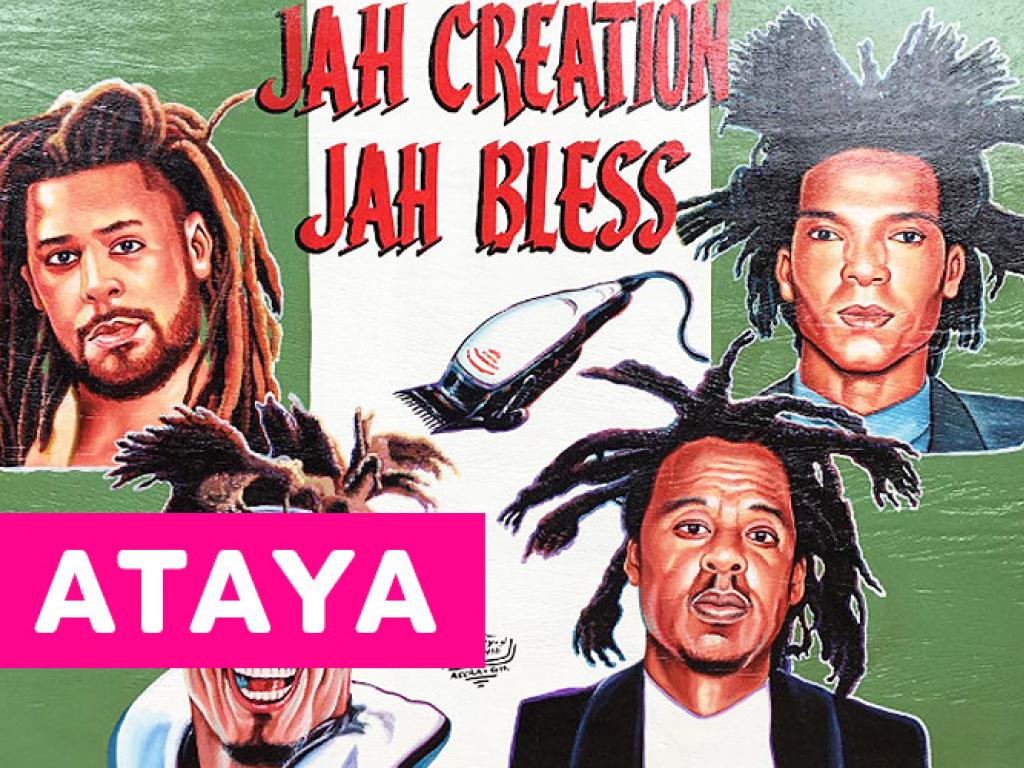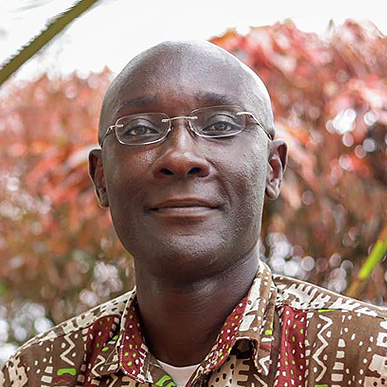Dis no be art: Reflections on popular media art exhibitions, value and class in contemporary urban Accra, Ghana. Joseph Oduro-Frimpong


Ataya: HUMA Interdisciplinary Seminar Series

Project/Paper: ‘“Dis No Be Art”: Reflections on Popular Media Art Exhibitions, Value and Class in Contemporary Urban Accra, Ghana’ by Joseph Oduro-Frimpong (unpublished draft, 2021). Please also see these short videos: Dr Oduro-Frimpong speaks about establishing the Center for African Popular Culture at Ashesi (Ashesi University, 2020) and Joseph Oduro-Frimpong interview (ASA UK, 2021) about the Centre's collection of hand-painted posters from the region.
Bio: Dr Joseph Oduro-Frimpong is a media anthropologist and a committed humanities teacher focusing on public media/culture, politics, society and the arts. Beyond his publications in Semiotica, Journal of African Cultural Studies, International Journal of Communication, and African Studies Review, he has curated exhibitions in Ghana, UK and South Africa on political cartoons, Felabration posters, hand-painted movie posters, and hand-painted book covers of significant works in African expressive cultures. He currently directs the Centre for African Popular Culture at Ashesi University.
Topic: Accra, Ghana's capital, now boasts of significant numbers of art galleries and other art viewing spaces. These specific infrastructures showcase diverse works of established Ghanaian artists such as Larry Otoo and Kofi Agosor and emerging artists such as Bright Ackwerh, Serge Clottey, Amoako Boafo, Kwesi Botchway, Otis Quaicoe, and Yaw Owusu. In these spaces, there is a near absence of popular visual media works. Within such an inspection and my active resolve to extend my teaching and research on popular media beyond the classroom, I have drawn on facets of my collections on Ghanaian popular media artefacts to curate' corrective exhibitions' in various galleries and art viewing spaces in Accra. In this paper, I discuss the inspiration behind my collection practice around popular media artefacts. I also detail some of the critical motivations underpinning my exhibitions, including hand-painted movie posters, barbershop and beauty salon signages, political cartoons, and a wooden sculpture.